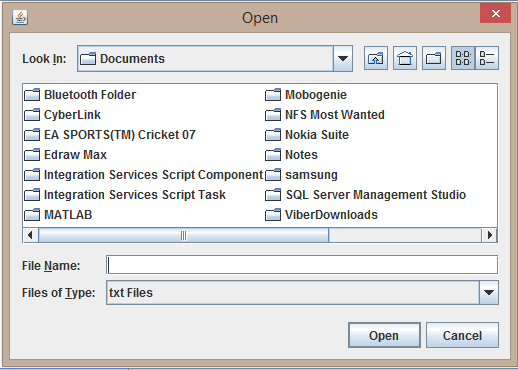
.png)
A lot of these systems would benefit from modern databases and languages, not to mention some are even still green screens. I think it makes sense to clean house every few decades to modernize infrastructure. We have to switch to something that takes less effort to maintain and develop sooner or later. That said, if they’re enjoying putting in the effort, I’m all for it. For better or worse though it’s what we have. I wish POSIX could be updated, there’s a lot of legacy baggage. The result turned out to reintroduce some holes that relate, not to the programming language or memory safety, but to corner cases in the POSIX APIs. This played out when someone experimented with rewriting sudo in Rust.
JAVA COMPILER ONLINE CODING GROUND CODE
There’s still money and jobs in maintaining ridiculously old code bases because companies/people/governments can’t stomach throwing decades of work even if they have to spend millions a year maintaining it. If we are unwilling/unable to move on from those languages, it’s going to keep happening. You are right, but at the same time our tech industries have been suffering from the same coding bugs for decade after decade. The cons come from how, whenever you rewrite anything, you’re likely to reintroduce bugs in the areas the system can’t catch for you.


 0 kommentar(er)
0 kommentar(er)
